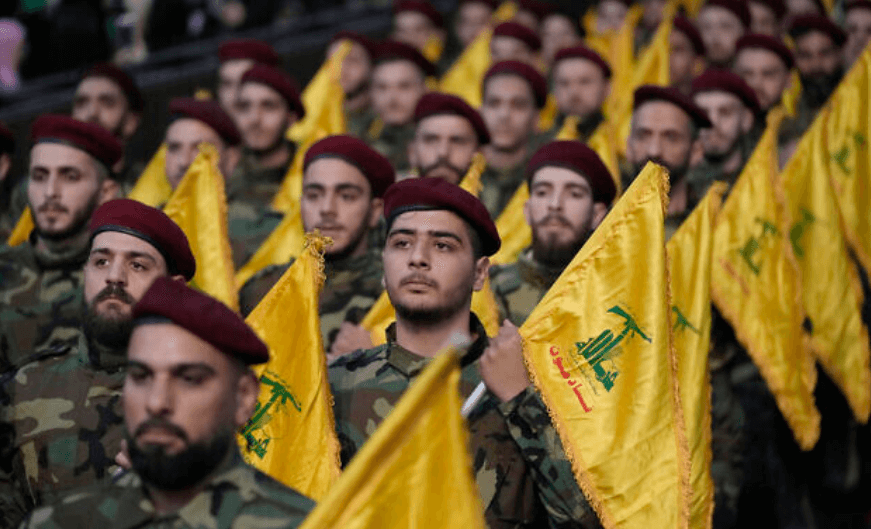
Hezbollah
Hezbollah is a political and militant organization based in Lebanon. It was founded in 1982 during the Lebanese Civil War, following the Israeli invasion of Lebanon. Initially created as a resistance movement against Israeli occupation, Hezbollah has since developed into a major political force within Lebanon, while also maintaining an extensive military wing. The organization is predominantly composed of Shia Muslims and has strong ideological ties to Iran's Islamic Revolution. Hezbollah’s primary goals include resistance to foreign intervention in Lebanon and the establishment of an Islamic government in the country, although its political rhetoric has shifted over time to emphasize broader nationalist objectives.
The group's leader, Hassan Nasrallah, has been the Secretary-General of Hezbollah since 1992. Under his leadership, Hezbollah has gained significant political power in Lebanon, with its political party holding seats in the Lebanese parliament and participating in government coalitions. The organization provides a range of social services, including schools, hospitals, and welfare programs, especially in southern Lebanon, where its support base is concentrated.
Hezbollah is recognized for its role in the 2006 Lebanon War, a conflict with Israel that resulted in widespread destruction in Lebanon but elevated Hezbollah's reputation in the Arab world for its military resilience. The group's military wing, the Islamic Resistance, is regarded as one of the most powerful non-state armed groups in the world. Hezbollah has been involved in regional conflicts, particularly in Syria, where it has provided military support to the Assad regime since the Syrian Civil War began in 2011.
The organization has been designated as a terrorist group by several countries, including the United States, Israel, and some members of the European Union, though it is seen differently by others, such as Russia and China, which consider Hezbollah a legitimate political party. Hezbollah's close relationship with Iran and Syria has also drawn international scrutiny, particularly for its role in broader Middle Eastern geopolitics and its alleged involvement in various terrorist activities.
Hezbollah's influence extends beyond Lebanon, with operations reported in various countries. The group's media arm, Al-Manar TV, broadcasts its messages and news reports across the Arab world. Hezbollah continues to be a central player in Lebanese politics, with its influence often seen as a source of tension within the country's sectarian power structure.
Stichworte
Quellen







